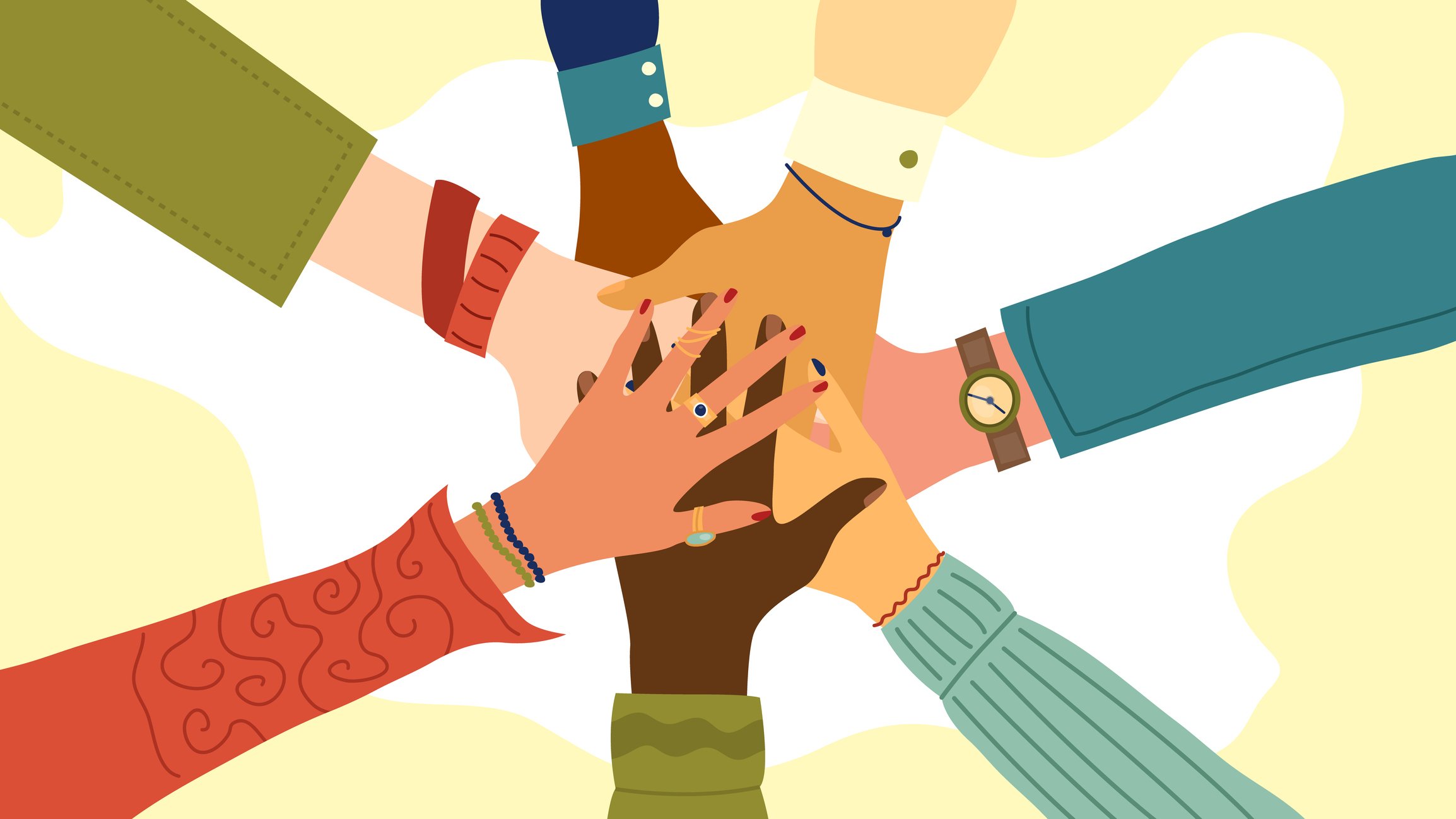The Opposite Of Addiction: Connection
A Personal Story of Addiction: This blog gives insight into one person’s experience with a loved one’s recovery. The Mental Well aims to bring to light the many experiences and options available to those battling substance use disorder and mental illness.
Yesterday, I got a call from my Dad’s case manager.
When I saw the number pop up on my screen, my heart dropped. Had he relapsed? Was something wrong? Did he have to leave his recovery program?
Fortunately, none of these things were true. His case manager actually wanted to give me positive feedback and share how amazing my Dad is doing. She also asked me one important question: “What do you think he needs most from this program?”
Before I get to that, let me offer some context. My Dad is a recovering alcoholic and has been sober for two and a half years now. His reckoning in 2016 was born out of him nearly dying of liver failure and other complications caused by decades of drinking. He had been in and out of rehab, Alcoholics Anonymous, and many other programs for a very long time. To be honest, I had given up all hope of him leading a healthy, sober life and had started thinking about making arrangements for his funeral.
What saved him was being accepted into a recovery program that focuses on helping adults overcome both the challenges of mental illness and substance abuse in order to achieve a meaningful and fulfilling lifestyle. In the program social workers, therapists, psychiatrists, and other mental health professionals provide one-on-one counseling, group therapy and community-based activities to support participants holistically.
And, the best part? It’s free -- it’s all covered by insurance. I thought it was too good to be true but it’s real. For the past two + years, my Dad goes to this wonderful place, five days a week like it’s his job. He’s fortunate to have some pension money from his 40-year career which he uses to live a pretty modest life.
During his years of addiction, my Dad had gone to various 30-day programs coupled with AA. Sometimes it helped him get through the day, and sometimes it didn’t. AA has saved thousands of lives and is one of the most successful programs out there supporting recovering addicts. However, the 12 steps didn’t help my Dad into recovery this time. It was the connection to other people that guided him into sobriety.
So, back to the question… “What do you think he needs most from this program?” the case manager asked me.
Right away, two things came to my mind. First, relationships. His program focuses on community which builds a sense of belonging, and relationships which offer trust and validation, both of which have been extremely healing for my Dad. Over time, he has built a relationship with his case manager and has made friends with people who can empathize because they’re fighting similar demons.
Prior to this experience, my Dad never really had close relationships in his life. He is insanely kind and genuine, but he has always had trouble building and keeping friendships, especially male ones. And, with his addiction, he was even more isolated which compounded other mental health issues like depression and anxiety.
We are all hardwired to connect with others -- I believe it’s why we are here, why we exist. When we are isolated, the loneliness can exacerbate our mental illness.
The second thing that helped my Dad was access to therapy and psychiatry. The stigma surrounding mental illness in our country is still a huge obstacle for many seeking help. In addition, the cost associated with therapy and having to shop around to find a therapist who meets your needs makes it almost impossible for someone with little means and serious mental health issues to find healing and recovery.
The program has facilitated him seeing a therapist multiple times a week for the past two and a half years, and it has been transformative. My Dad was once someone who didn’t believe in the power of therapy or counseling, but now he is a believer.
There are hundreds of different solutions and combinations of support that can help someone get and stay sober and find recovery, and not all of them are accessible or understood. Unfortunately, there’s no one-size fits all answer for successful recovery in my opinion. Connections with people were a huge part of my Dad’s healing -- whether it be with his peers, his counselors, or even the broader community. I am filled with gratitude that my Dad found this program that has worked so well for him, and that he is sober, happy and healthy today. I only hope that more people battling mental health illnesses and substance use disorder can also find the help they unquestionably deserve.

